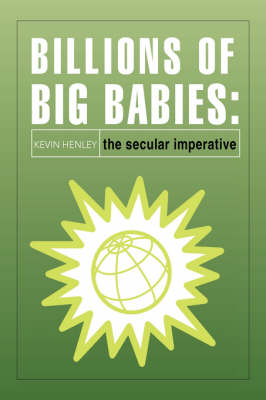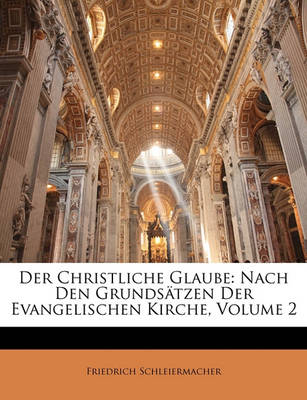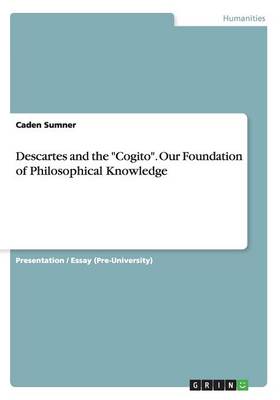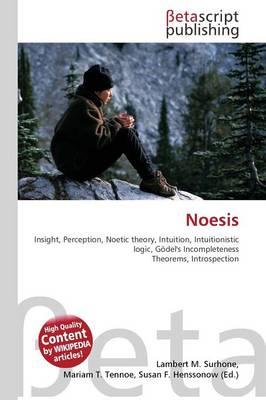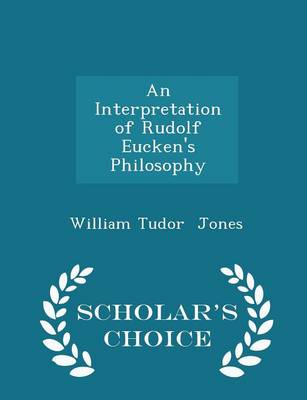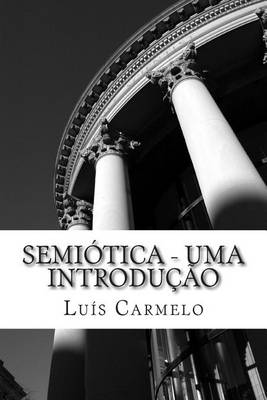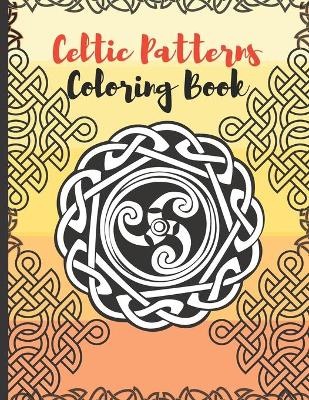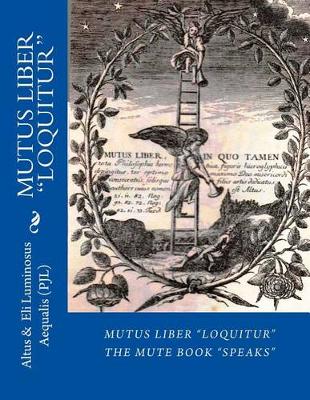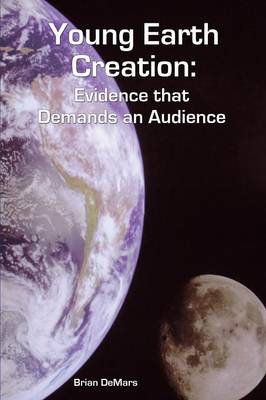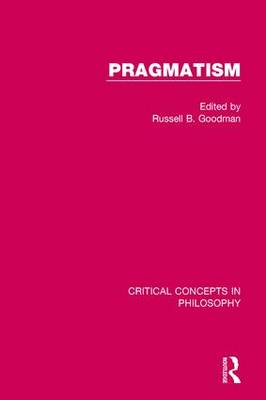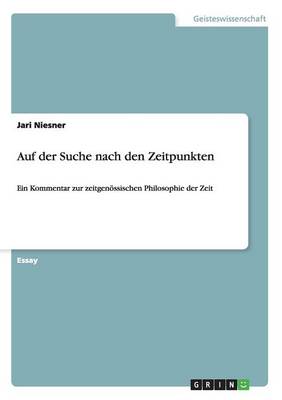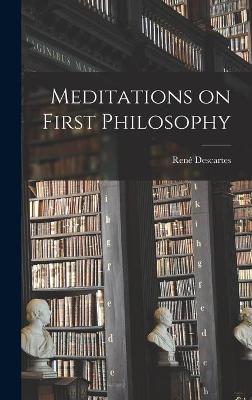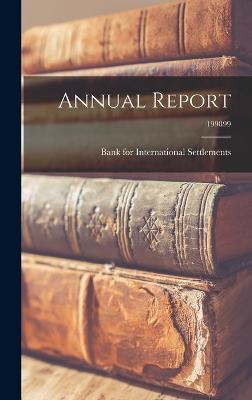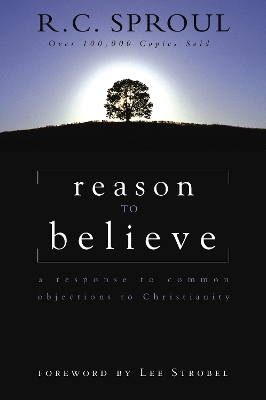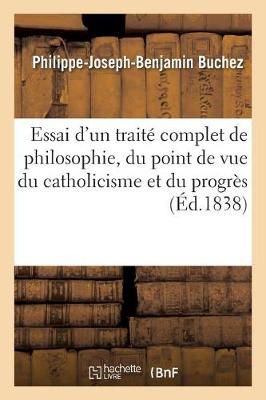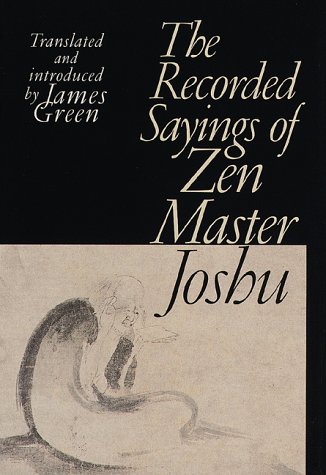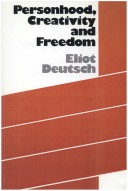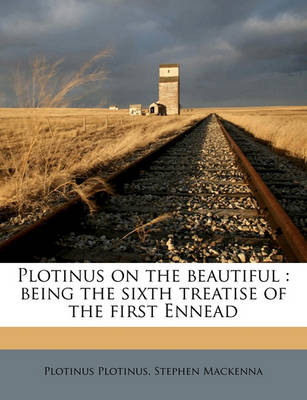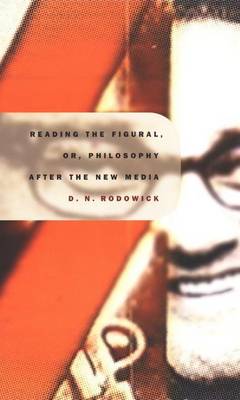Der Christliche Glaube Nach Den Grundsatzen Der Evangelischen Kirche, Zweiter Band
by Friedrich Schleiermacher
Descartes and the Cogito. Our Foundation of Philosophical Knowledge
by Caden Sumner
Isaac Newton: Philosophical Writings (Cambridge Texts in the History of Philosophy)
by Isaac Newton
Sir Isaac Newton (1642-1727) left a voluminous legacy of writings. Despite his influence on the early modern period, his correspondence, manuscripts, and publications in natural philosophy remain scattered throughout many disparate editions. In this volume, Newton's principal philosophical writings are for the first time collected in a single place. They include excerpts from the Principia and the Opticks, his famous correspondence with Boyle and with Bentley, and his equally significant corres...
An Interpretation of Rudolf Eucken's Philosophy - Scholar's Choice Edition
by William Tudor Jones
Poj Cie Skalania (Kegare) W Tradycji Religijnej Japonii
by Za Uska Marta
Does Christianity Have Good Answers for the Really Tough Questions? Dr. R. C. Sproul believes it does. In this book, the founder of Ligonier Ministries deals with the most common objections to the truths of the Christian faith, including:Has science disproved the existence of God?Will non-Christians who never hear of Christ go to hell?Is it narrow-minded and bigoted to believe Christ is only one way to God?Why do people need God when life is going smoothly?Isn't Christianity just a crutch for p...
Essai d'Un Traite Complet de Philosophie, Du Point de Vue Du Catholicisme Et Du Progres. Tome 1
by Buchez-P
The Recorded Sayings of Zen Master Joshu (The Sacred Literature) (The Spirit of ...)
by James Green
So striking were the replies of Joshu (778-897 CE) to students' questions, that it was said that his "lips emitted light." His saysing were extremely influential throughout the Zen tradition and are included in many koan anthologies. Now here is the first full English translation of his sayings, lectures, dialogues, poems, and records from his pilgimages. The translation aims for readability rather than literalness; helpful notes illustrate features from the Chinese that might not be evident in...
In Reading the Figural, or, Philosophy after the New Media D. N. Rodowick applies the concept of "the figural" to a variety of philosophical and aesthetic issues. Inspired by the aesthetic philosophy of Jean-Francois Lyotard, the figural defines a semiotic regime where the distinction between linguistic and plastic representation breaks down. This opposition, which has been the philosophical foundation of aesthetics since the eighteenth century, has been explicitly challenged by the new electron...
